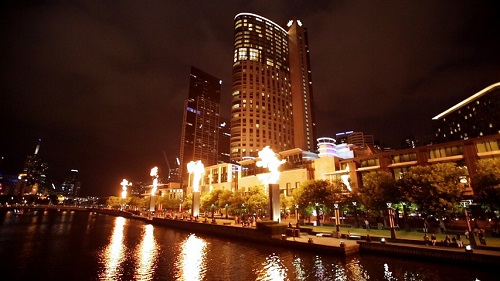Gambling Legislation Victoria
Developing legislation with the Office of the Chief Parliamentary Counsel Contact us The Victorian Government acknowledges Aboriginal and Torres Strait Islander people as the Traditional Custodians of the land and acknowledges and pays respect to their Elders, past and present.
- The Victorian Commission for Gambling and Liquor Regulation (VCGLR) (External link) is an independent statutory authority established under the Victorian Commission for Gambling and Liquor Regulation Act 2011. The VCGLR is responsible for regulating all forms of legalised gambling and liquor licence activities in Victoria.
- Victorian legislation ensures that medicines and poisons are used safely. Healthcare professionals must be aware of the relevant laws for their occupation. Environmental health. In Victoria, the department has an important role in protecting the health of Victorians from the potential health effects of environmental hazards.
- Read more about our laws and policies, including recent or proposed changes to liquor and gambling-related legislation. OLGR priorities Our key priorities are defined in our business plan.
- Racing Victoria is determined to make Gambling on the Thoroughbred industry as safe as possible for the individual and the community.
The Victorian Commission for Gambling and Liquor Regulation (VCGLR) is the independent statutory authority that regulates the liquor and gambling industries in Victoria, Australia. The VCGLR is located in North Richmond, Victoria.
Gambling Legislation Victoria Virginia
This regulation includes liquor and gaming licensing, compliance and education.
Background[edit]
The VCGLR commenced operations on 6 February 2012, replacing the Responsible Alcohol Victoria, and Victorian Commission for Gambling Regulation. The VCGLR has the power to undertake liquor disciplinary actions, which replaced the role of the Victorian Civil and Administrative Tribunal.
Gambling Legislation Victoria County
At its inception the VCGLR had 60 Liquor and Gaming Inspectors situated in Morwell, Wangaratta, Bendigo, Ballarat, Geelong and Melbourne. In 2013 the VCGLR centralised the inspectors believing that all compliance and education related work performed by the VCGLR could be managed by the central location. Inspections and education of the industry dropped by 40% as a result of this reshuffle and staff were forced into redundancies and a reduction of qualified staff to manage the compliance of the industry. In 2018, inspectors were again placed in the field in Sale and Ararat.
The statutory obligations are set out in several Acts of Parliament. These include regulating:
- the liquor industry in accordance with the Liquor Control Reform Act 1998
- all forms of legalised gambling in accordance with the Gambling Regulation Act 2003, the Casino Control Act 1991 and the Casino (Management Agreement) Act 1993.
Commissioners[edit]
The Commissioners of the VCGLR are accountable for statutory decision-making and governance. They are required to make decisions, either individually or collectively with other Commissioners relating to the grant, variation and transfer of licences and permits, conditions attached to licences and permits, disciplinary actions against licensees and permittees and reviews of decisions made under delegation by individual Commissions or members of staff.
Organisation structure[edit]
The VCGLR has six functional divisions, each reporting to the Chief Executive Officer:
- licensing
- compliance
- strategy and planning
- legal services
- finance and business services
- people and culture.
See also[edit]
References[edit]

External links[edit]
Gaming law
Liquor & Gaming NSW is responsible for the implementation of government policies designed to balance sustainable business development with the need to reduce harms associated with problem gambling.
In the gaming area, L&GNSW is responsible for:
- advising in relation to the development and implementation of government policy
- ensuring compliance
- monitoring revenue collected from gaming activity
- overseeing technical standards for gaming machines
The Office of Responsible Gambling and Responsible Gambling Fund Trust is responsible for administering the Responsible Gambling Fund, which funds services for problem gamblers.
Wagering law
Wagering is regulated in NSW under the Betting and Racing Act 1998 and the Totalizator Act 1997, which prescribe:
- who may offer betting services
- the events on which betting is permitted
- requirements that betting service providers must comply with.
The Act provides that the Minister for Better Regulation and Innovation may authorise licensed bookmakers to conduct telephone and electronic betting at licensed racecourses or other approved premises.
The Minister for Better Regulation and Innovation can declare sports and other events as betting events in NSW. Declared events are listed in the: Schedule of Declared Betting Events and Approved Forms of Betting PDF, 274.62 KB.
This schedule forms part of the Bookmaker Declared Betting Events Betting Rules PDF, 149.52 KB.
The Betting Glossary of Terms PDF, 13.85 KB defines the various form of betting available.
In December 2015, changes were made to the application process and requirements for new declared betting events and bet types. For further information on these reforms, please see Sports wagering in NSW
Relevant Acts
Visit Legislation NSW for all Acts and Regulations.